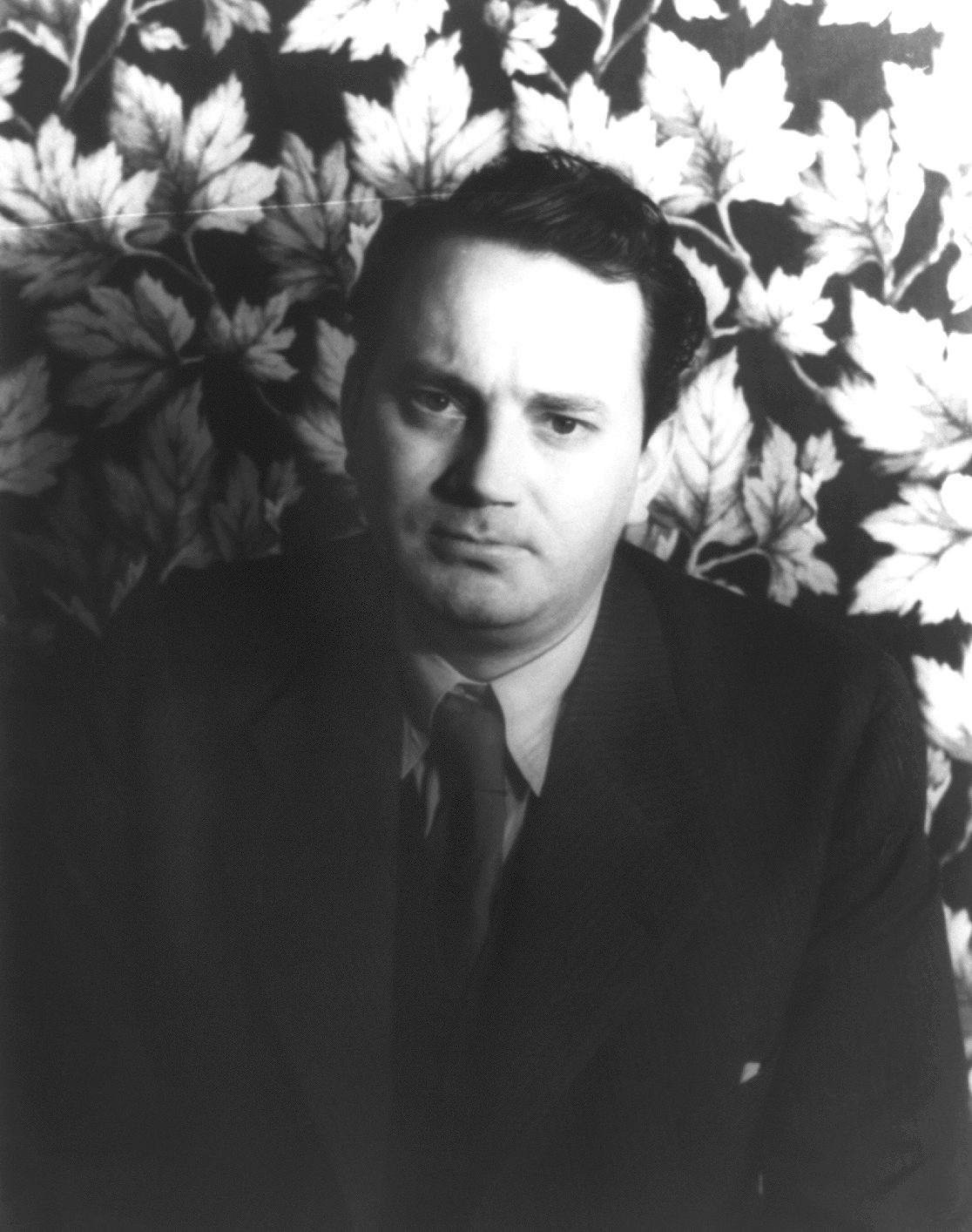Wolfe, Thomas (1900-1938), was an American author who won fame for his autobiographical novels. Wolfe claimed that all great art was necessarily autobiographical. The story of his childhood and youth assumes a symbolic significance in his novels. His central character, under whatever name he appears, is a sensitive, worthwhile person who is, in essence, the author. Through this character, Wolfe treated a theme that is important to his work—the development of the artist in America.

Thomas Clayton Wolfe was born on Oct. 3, 1900, in Asheville, North Carolina. He graduated from the University of North Carolina in 1920 and then entered the Harvard University graduate school. Wolfe taught English at New York University between 1924 and 1930.
Maxwell E. Perkins, an editor at Scribner’s publishers, was the most important influence in Wolfe’s career. Wolfe wrote long rambling works, and Perkins helped him cut and organize the material. Wolfe’s first novel was Look Homeward, Angel (1929). It was followed by a sequel, Of Time and the River (1935). After Wolfe’s death on Sept. 15, 1938, Edward Aswell, an editor at Harper publishers, edited his two other novels—The Web and the Rock (1939) and You Can’t Go Home Again (1940). The character of Eugene Gant in the first two novels is modeled on Wolfe as a young man. The other two novels also draw on Wolfe’s personal experiences. They concern a character called George Webber.
Wolfe’s writing has been criticized for its apparent lack of discipline and artistic control. Some critics believe that each novel is a torrent of undigested details and that Perkins’ editing is responsible for whatever form the novels have. Wolfe seemed to support this view in The Story of a Novel (1936), in which he critically examined his own writings. However, later critics have stressed that Wolfe was more than a reporter. They note that he chose details and emphasized elements that make each of the episodes in his novels a dramatic unit.
Although Wolfe has been frequently criticized for excesses in language, at his best he wrote powerful prose that is often close to poetry. The Notebooks of Thomas Wolfe (1970) describes Wolfe’s struggle to become a mature writer. The Complete Short Stories of Thomas Wolfe was published in 1987.
